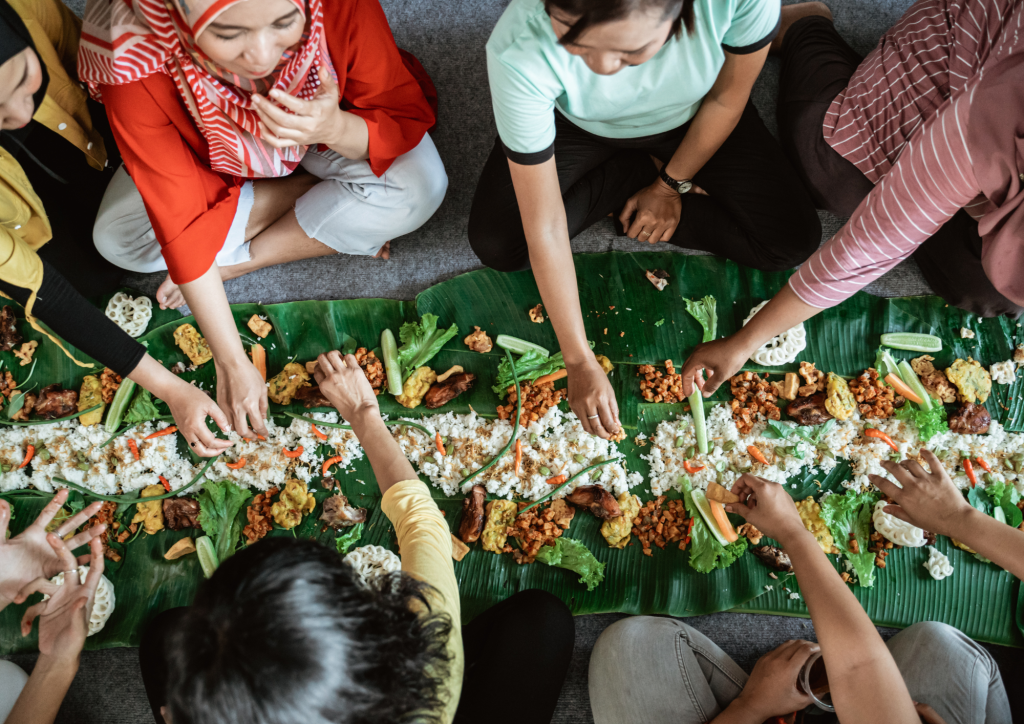Rice, a complex carbohydrate and primary energy source for over half of the world’s population, holds significant nutritional value, containing fibre, protein, vitamin B, iron, and manganese. Its importance in Malaysia is particularly pronounced, contributing to 50% of the nation’s calorie intake and covering almost 30% of the world’s rice harvest. However, recent reports of a shortage of local rice in the Malaysian market have stirred concerns and sparked discussions among various stakeholders.
The Significance of Rice in Malaysia
In Malaysia, rice stands as the single most crucial staple, playing a vital role in sustaining the dietary needs of the population. The extensive rice areas, covering 48 million hectares, highlight the agricultural significance of this crop in the region. The local production of rice has been a linchpin in ensuring food security and nutritional well-being for Malaysians.
The shortage of local rice in the market has become an acute and worrying issue, particularly across the entire Malaysian peninsula. Numerous complaints and reports from buyers, traders, and government bodies have validated the severity of the situation. This raises concerns not only about the immediate nutritional impact but also about the broader economic consequences.

There are a few reasons affecting the rice shortage in Malaysia:
1. Verification of Local Rice Shortage
Our experts have rigorously examined and verified reports of the shortage of local rice in the market. This includes an in-depth assessment of complaints received from various stakeholders. The evidence gathered substantiates the concerns raised by those affected.
2. Impact on Nutrition and the Economy
The scarcity of local rice extends beyond nutritional concerns and has broader implications for the nation’s economy. As a staple food, rice plays a pivotal role in sustaining dietary needs, and any disruption can have cascading effects on both health and economic sectors.
3. Identifying Causes and Formulating Solutions
Our experts are actively exploring the root causes of the local rice shortage and are engaged in formulating sustainable solutions. This involves collaborative efforts with farmers, traders, and governmental bodies to address challenges in the rice production and supply chain.
Addressing the dilemma of the rice shortage in Malaysia requires a multi-faceted approach. Collaborative efforts from various stakeholders, including advancements in agriculture, improvements in the supply chain, and governmental interventions, are essential. By undertaking a comprehensive and cooperative strategy, we believe that Malaysia can navigate through this challenge and ensure a resilient and sustainable future for its rice production and consumption. The importance of rice in the country’s nutritional and economic landscape underscores the urgency of finding viable and lasting solutions.
About the Author:

JASFARIZAL ABDUL JALIL
Programme Leader, School of Hospitality, Tourism & Culinary Arts, SEGi College Kuala Lumpur
Jasfarizal Abdul Jalil boasts a comprehensive background in both academia and the culinary industry. He has accumulated a wealth of teaching experience, spanning from 2008 to 2023, covering certificate, diploma, and bachelor’s levels at SEGi College Kuala Lumpur, Kuala Lumpur Metropolitan University College, and Kolej Negeri. His industry experience is equally impressive, with roles such as Demi Chef de Partie at Hotel Malaya, KL (2007-2008), Head Chef at COBRA clubhouse, PJ (2005-2007), Jr. Sous Chef at Regent, KL (2004-2005), and Demi Chef de Partie at The Ritz, Aus. (2002-2004). This extensive and varied background positions Jasfarizal as a seasoned professional in both the culinary arts and educational realms.

